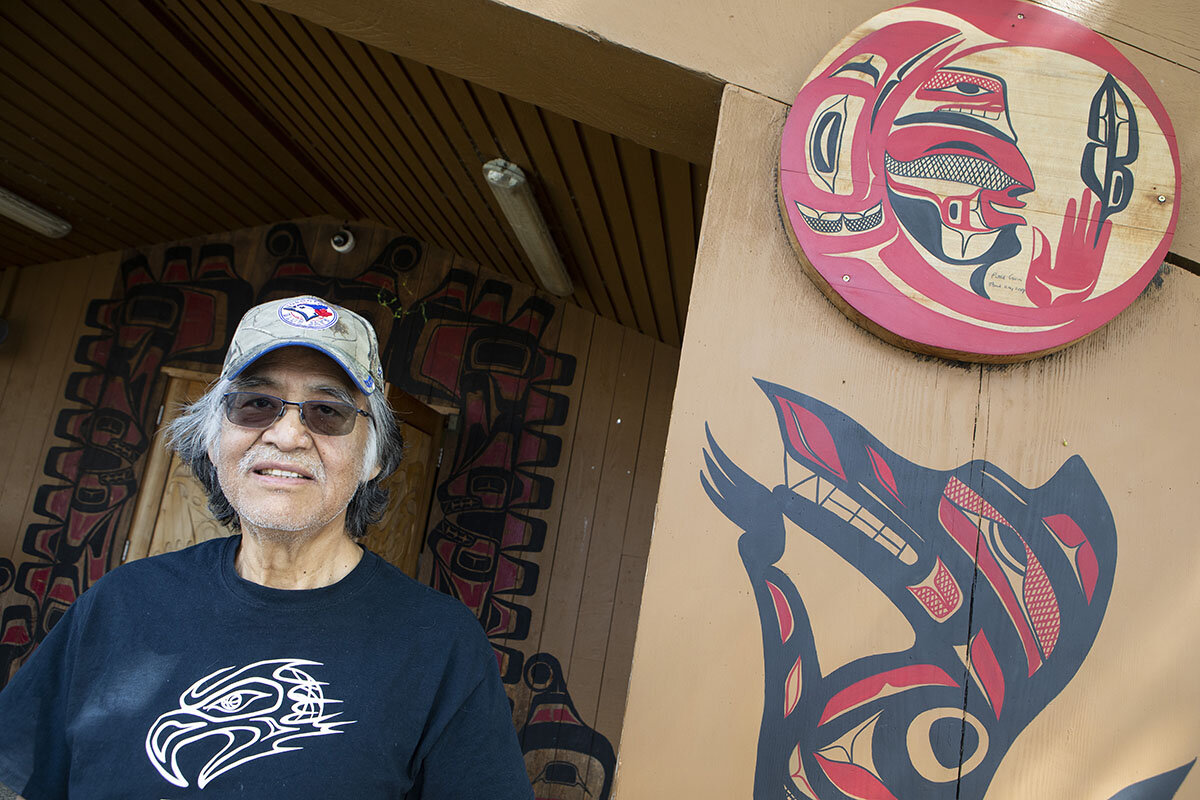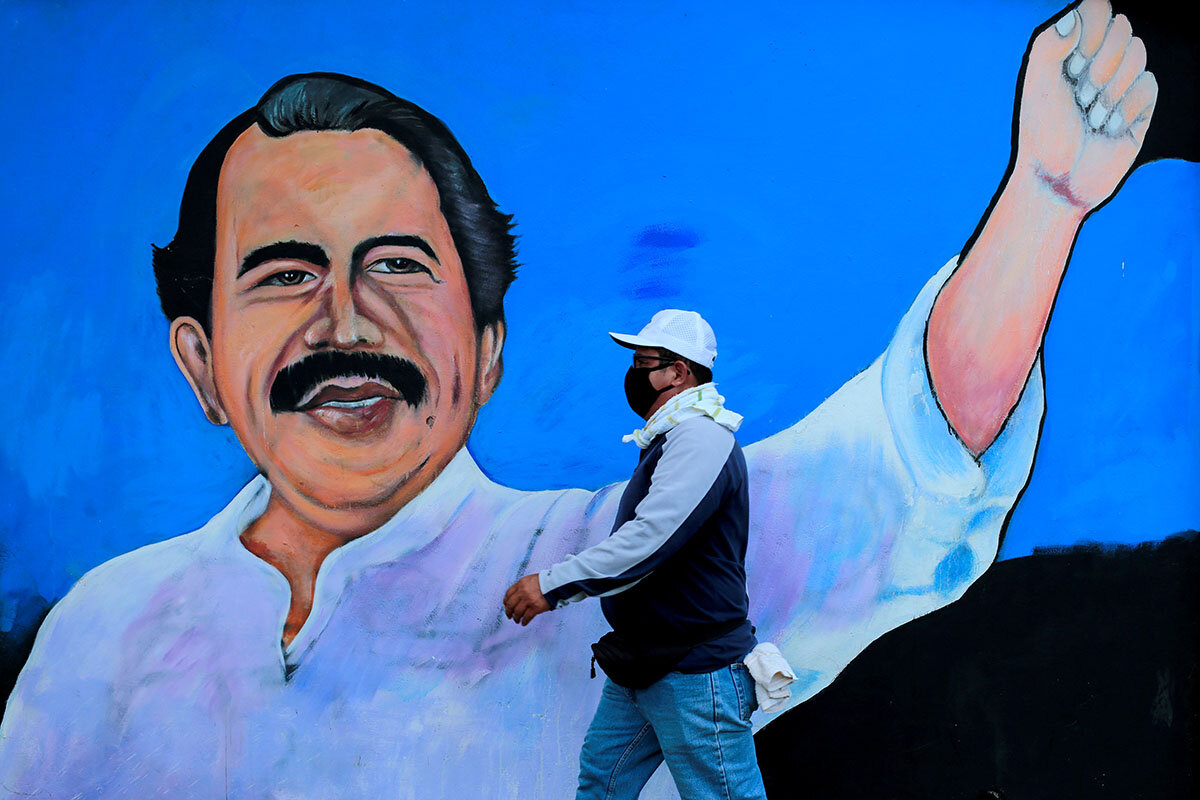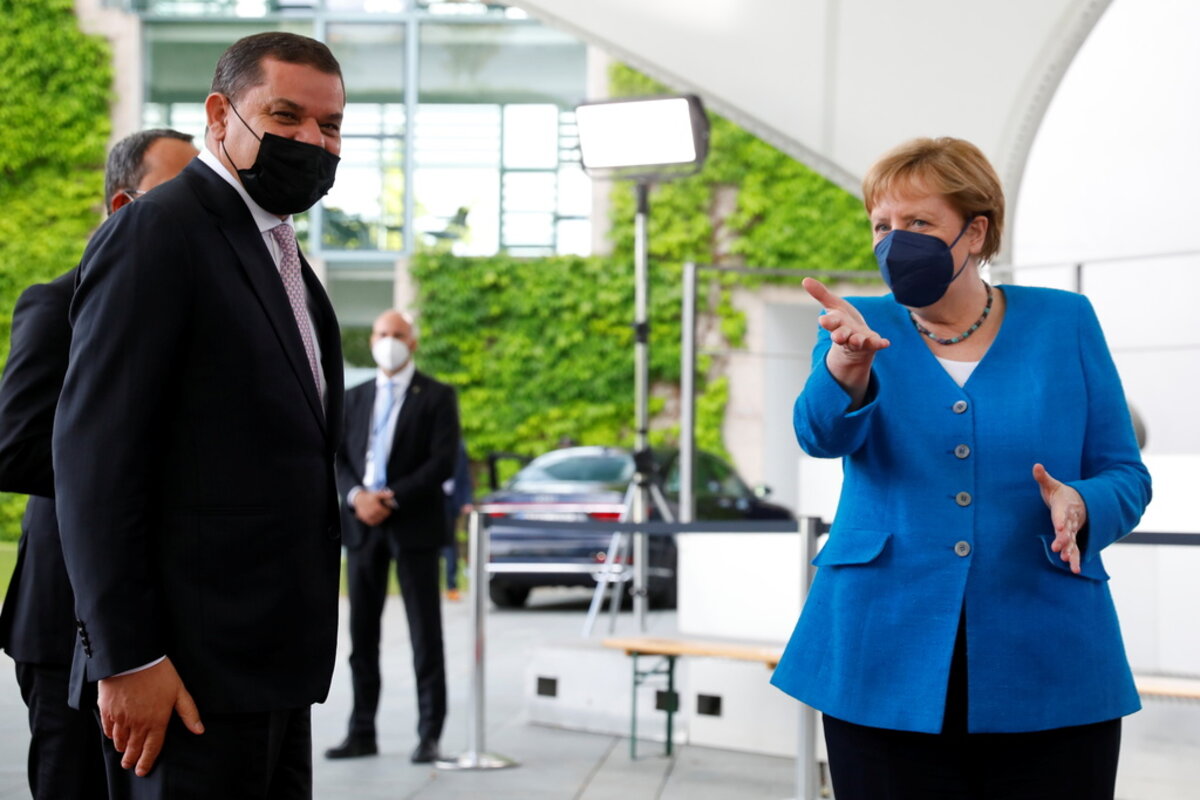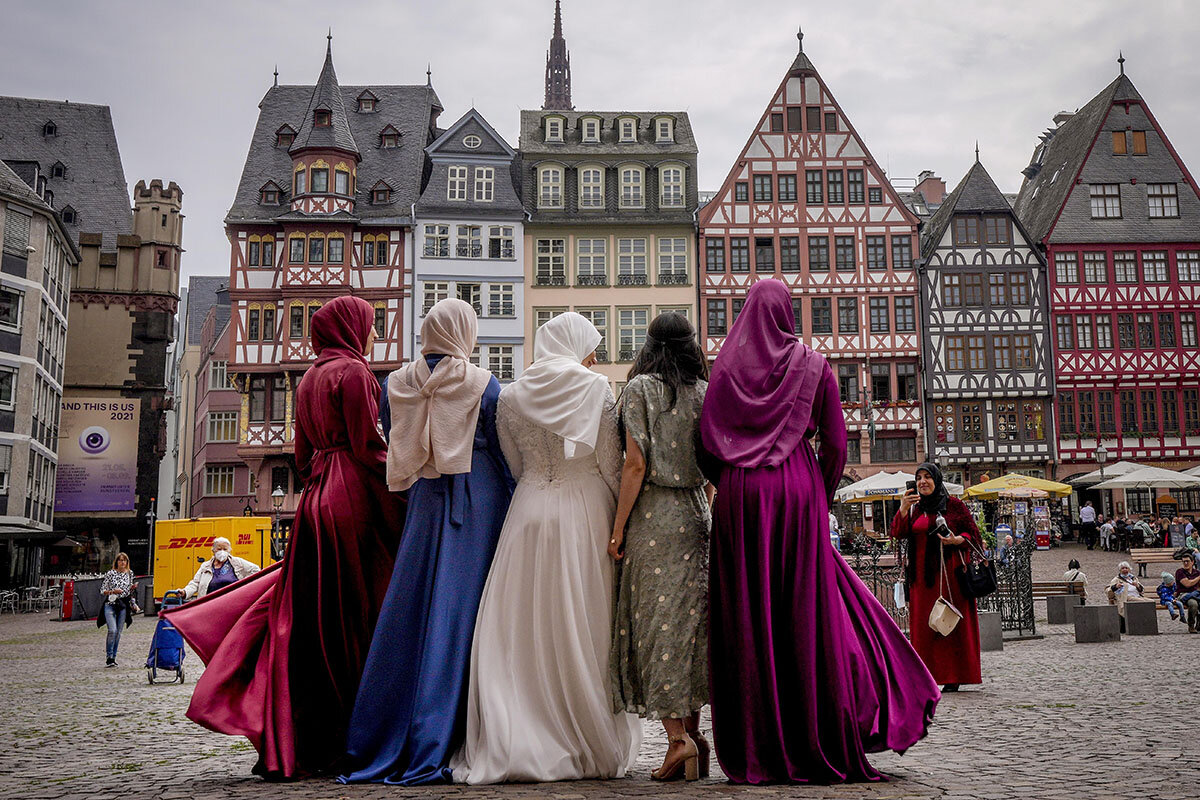Why would Iran’s president-elect want a compromise with the U.S. to revive the nuclear deal? The answer lies in how hard-liners see their best way to satisfy, and pacify, a disgruntled, apathetic population.
Monitor Daily Podcast
- Follow us:
- Apple Podcasts
- Spotify
- RSS Feed
- Download
 Peter Grier
Peter Grier
I heard a hermit thrush on the road down to the boat landing this week, and thought of summer.
In warmer months, hermit thrush song is one of the glories of the woodlands of northern America and Canada. The appearance of the birds themselves is drab and unremarkable. As the name implies, they are reclusive and difficult to spot. But their music! Soft, trilling, and ethereal, it spirals out from the trees, a haunting message from another world, or another time.
They’re common in our area of Maine, showing up in lowland forests in late spring. When they start singing, the leaves are out and there is dappled sunlight on the floor of the woods. Perhaps they’re not as well known as chickadees or loons, but to me they evoke the height of the year, the early afternoon of perfect weather days, with an undercurrent of melancholy, the knowledge the weather, and the season, won’t last.
“Ancient stories which can go on for long stretches of time,” an ornithologist I know says of their songs.
The hermit thrush has inspired a number of poets. Sometimes it’s even been called “the poet’s bird.” Perhaps its most famous literary appearance is in Walt Whitman’s great elegy for Abraham Lincoln, “When Lilacs Last in the Door-yard Bloom’d.” Whitman used “a shy and hidden bird,” “the thrush,” “the hermit,” as nothing less than the collective musical expression of the grief and hope of the American people at a time of troubles.
Sing on! sing on, you gray-brown bird!
Sing from the swamps, the recesses – pour your chant from the bushes;
Limitless out of the dusk, out of the cedars and pines.










